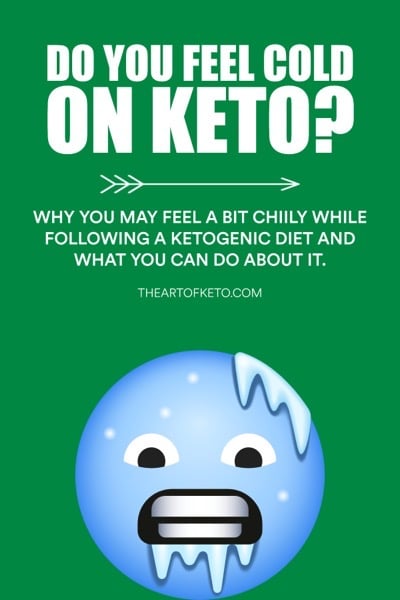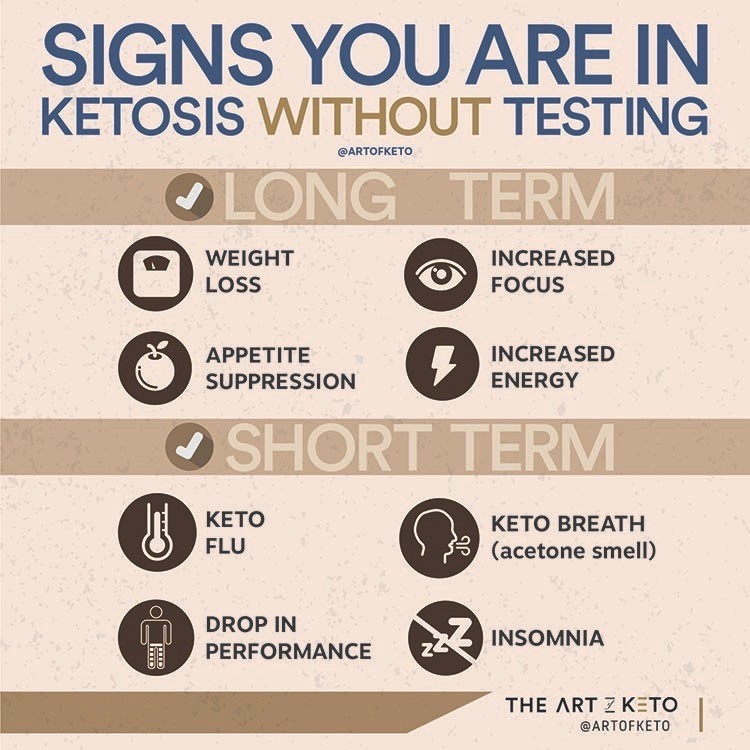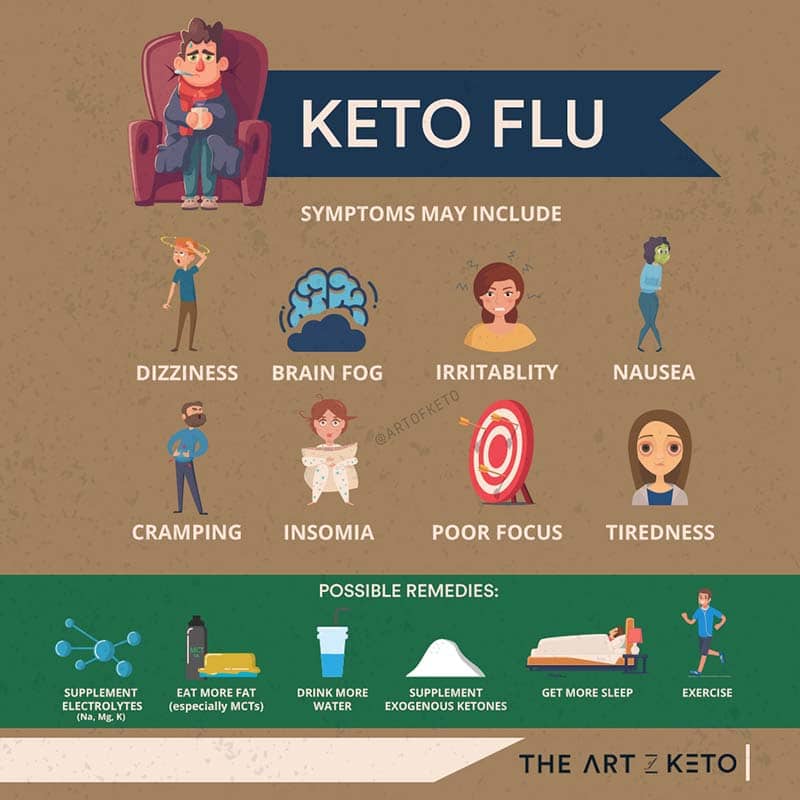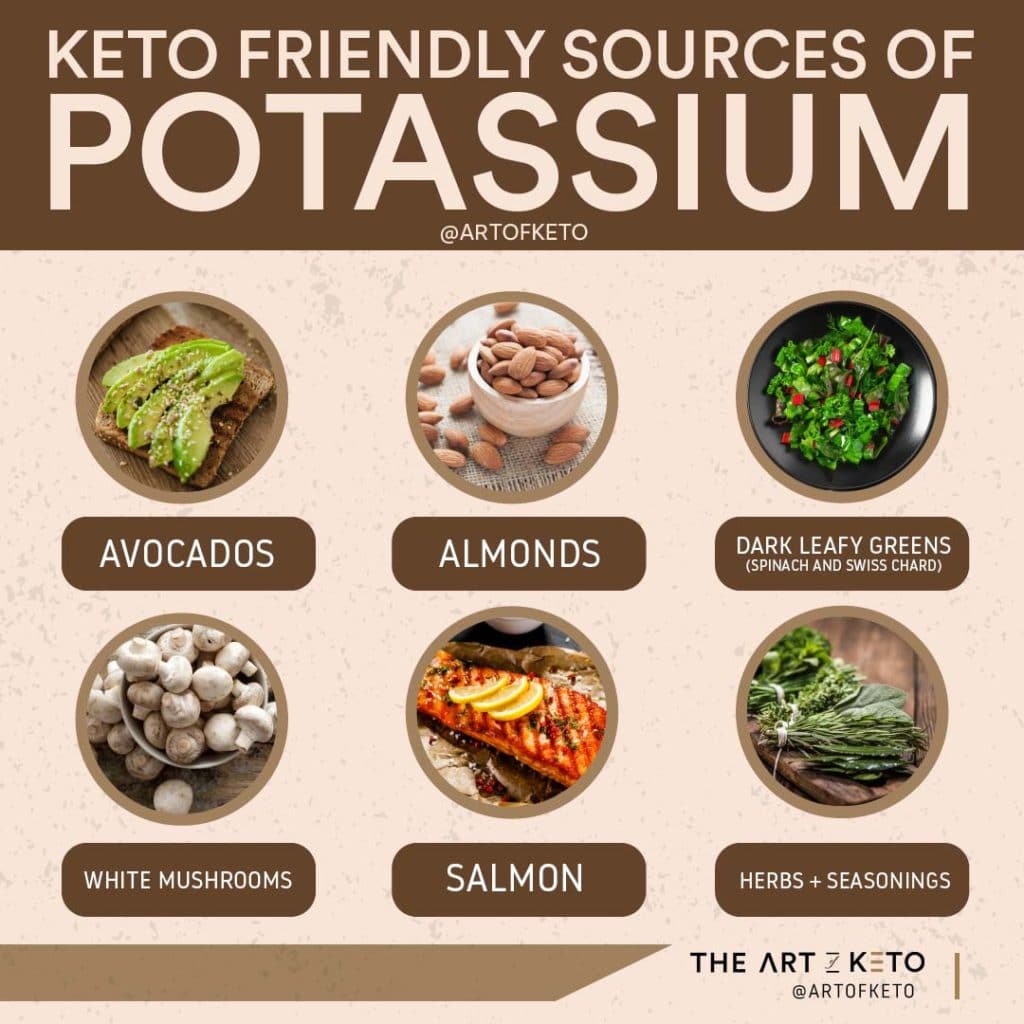Does Ketogenic Diet Make You Cold
When I first gave a ketogenic diet a shot, I was somewhere out in the middle of nowhere in average temperatures reaching 115 degrees. As I began to lose weight, I wondered why I felt cold despite blazing hot temperatures. My hands and feet were icy.
Imagine wearing gloves and thick socks in the desert; I was THAT cold.
I began searching for answers way back then when there weren't very many resources, but I listed the possible reasons you may be feeling cold while following a ketogenic diet.
Does ketosis make you cold? Being in ketosis can lead to your core body temperature dropping or experiencing coldness in your outer limbs, such as your hands and feet, for the following reasons.
- You're losing fat
- Not eating enough calories
- Reduction in thyroid output
In this article, I will go a little more in-depth on the three reasons I listed above. Also, I'll go over some other potential reasons you may be feeling cold while following a ketogenic diet and what to do about it.

Why Do I Feel Cold On Keto?
While you may be feeling cold, whether all over or just in your outer extremities (hands and feet), there are a few reasons this could be.
Not all the reasons I'll cover are only due to being in ketosis (though some are) but are more due to dieting in general.
Some minor reasons why you may feel cold while on keto may be due to you experiencing the keto flu, implementing fasting or intermittent fasting, or it's merely just colder, and it happened to coincide with you starting a ketogenic diet.
In the following section, I'll cover the three main reasons you may feel cold while in ketosis, then I'll cover some of these minor reasons afterward.
3 Reasons You May Feel Cold While In Ketosis
Here are the main culprits while you may be feeling a bit chilly on a ketogenic diet.
You're losing fat
One of the most obvious reasons you may feel colder is because you're losing fat. After all, your primary reason for using a ketogenic diet is to shed some weight.
A primary purpose of body fat, aside from cushioning vital organs and serving as an energy reserve, is to provide insulation.
Yes, very much like the insulation you would surround your home with or why you would wear an oversized puffy jacket in the winter.
When you lose fat, you will naturally begin to thin (lose) some of that insulation. You may be more sensitive to cold because you have less fat to keep you warm.
Also, losing weight leads to what is known as metabolic adaptation. You may have even heard of this phenomenon under a more scary name like "starvation mode."
Which doesn't exist btw.
As you lose weight, your body lowers its metabolic rate to conserve energy; it doesn't want to lose weight. The only thing your body wants to do is keep you alive, and when it senses energy (food) is low, it compensates to maintain equilibrium.
Solution
Technically, the only thing you can do here is to stop losing fat.
Too few calories
Yes, there is such a thing as eating TOO LITTLE. While I know you want to lose fat as fast as possible, sometimes losing too quickly can be counterproductive.
The actual definition, and how we can quantify calories, is because a calorie is a unit of energy. More precisely, a calorie is defined as the amount of heat needed to raise a gram of water by one degree.1https://en.wikipedia.org/wiki/Calorie
You may have heard of the analogy before, but think of food as fuel, and your body is the furnace. The more fuel you put into the stove, the hotter the stove will burn.
It only makes sense that the less fuel (food) you eat, the less heat will be produced.
In this study, middle-aged adults who consumed an average of 1,769 calories had significantly lower body temperatures than those who consumed between 2,300 and 2,900 calories.
Additionally, when calories are meager (<800) per day, Thyroid (T3) levels drop, but more about that coming up.2https://pubmed.ncbi.nlm.nih.gov/6772921/
Solution
Make sure you're eating ENOUGH calories. A good ballpark figure to lose weight can be calculated by multiplying your body weight in pounds by 10 to 12.
For example, a 150-pound individual would be eating between 1500 and 1800 calories per day.
Reduced thyroid levels
Triiodothyronine, most commonly referred to as T3, is the primary active thyroid hormone responsible for most of the metabolic effects in your body.
T3 levels are related to both the carbohydrate content of a diet AND calorie levels. However, calories aren't too critical a factor unless eating deficient levels of calories.
What's this mean for you, the ketogenic dieter?
Essentially, if calorie levels (>800) are adequate, then the next most significant determining factor for regulating T3 levels is the number of carbohydrates you eat.
Since carbohydrates are severely restricted to usually less than 50 grams per day, and often a lot less, you essentially end up with diet-induced hypothyroidism.
Many people who've experienced an underactive thyroid (hypothyroid) or suffer from an autoimmune disorder such as Hashimoto's will have a lower body temperature than average ~98.6
While this may be seen as a negative on the surface, your body's ability to decrease T3 levels is thought to be one of the determinants of why a ketogenic diet is protein sparing, a.k.a spares muscle and lean mass.
However, don't take this as me saying that you can't lose muscle on keto, because you definitely can.
You have to take the good with the bad.
Solution
If calorie intake is adequate (see above), then the only additional factor is carbohydrate intake. You can either raise carbs slightly, which may or may not take you out of ketosis, or accept slightly lower T3 levels.
Within the context of a ketogenic diet, slightly lower T3 levels may be advantageous. Additionally, whether you're knocked out of ketosis doesn't inherently mean you'll stop losing fat.
Is Being Cold A Sign Of Ketosis?
I wouldn't put feeling cold as a good indicator that you're in ketosis. Instead, the two methods I would suggest to test if you are in ketosis would be a simple urine test strip found at your local drug store or a blood ketone meter, which is considered the gold standard.
A blood ketone meter is similar to what a person with diabetes would use to test their blood sugars, except these meters test both blood sugar and blood ketone levels.
- Purchase a blood ketone meter here.
If you're not too worried about knowing for sure whether you're in ketosis or not, there are other subjective measures you can look out for.
Here are a few signs and symptoms that you may be in ketosis:
- Increased focus
- Appetite suppression
- Keto breath
- Keto insomnia
- Keto flu

Does Keto Flu Make You Cold?
If you've never heard of the keto flu, it's exactly how it sounds, except you don't actually have the flu.
When people experience the keto flu, they share many of the same signs and symptoms as the common influenza flu that comes every year.
Symptoms of the keto flu include:
- Tiredness
- Irritability
- Nausea
- Brain fog
- Dizziness
Feeling cold CAN be a sign that you may be suffering from the keto flu. However, if that is the only symptom you have, I would venture to say that you're not experiencing the keto flu.
Which is a good thing.

How Long Does Keto Flu Last?
Keto flu can last anywhere from one to three weeks on average, but there are things you can do to prevent it from happening in the first place or shortening its duration exponentially.
I find that most people experience the keto flu do so due to not taking in enough electrolytes. When starting a ketogenic diet, your body is flushing out excess water from the lowered carbohydrates and usually a change in food sources.
To help combat this, not only must you make sure you're well-hydrated, but you need to make sure you're getting in enough electrolytes, primarily sodium and potassium.
I highly recommend individuals salt their food liberally and to taste along with increasing consumption of potassium-rich vegetables like dark leafy greens and including avocados.

Another great way to get in electrolytes easily is to supplement them with an electrolyte drink.
Here are a few of the electrolyte supplements I recommend.
- Keto Vitals
- Perfect Keto ( Use code AOK to get 15% off your entire purchase)
- LMNT Recharge
Why You Feel Cold When Fasting
Another reason I mentioned earlier was that you might feel cold because you're implementing fasting or intermittent fasting.
It's quite common for those who follow a ketogenic diet to start implementing intermittent fasting, whether intentionally or unintentionally. Also, a lot of ketogenic dieters get into extended fasts 24+ hours.
During these fasting periods, it's quite normal to feel cold at times.
The most apparent reason you may feel cold during a fast is that you're not digesting any food. Your body requires energy to digest food, and during the digestion process, heat is released as a result.
Additionally, you may feel cold when fasting because blood flow is diverted to other body parts, especially your vital organs. While going through prolonged periods without food, your body may do this as a survival mechanism to keep you alive.
Lastly, when glucose levels drop, as what happens when you're fasting, the production of a hormone called orexin is inhibited. Orexin neurons help regulate body temperature by promoting wakefulness and increasing body temperature. 3https://pubmed.ncbi.nlm.nih.gov/11393177/
A simple solution to increase orexin levels during fasting is to drink coffee (or any source of caffeine).
Does Keto Make You Cold? The Takeaway
There are both ketogenic and non-ketogenic reasons why you may be feeling a bit more sensitive to cold when starting your keto diet.
A few reasons you may feel cold include losing some fat (insulation), eating too few calories, and a possible drop in thyroid levels, among a few others.
Feeling cold shouldn't be much cause for concern. However, if you find that the coldness is an inconvenience to the rest of your daily activities, raising calories slightly or including a few more carbohydrates may alleviate the symptoms.
Related
Does Ketogenic Diet Make You Cold
Source: https://www.theartofketo.com/does-ketosis-make-you-feel-cold/
0 Response to "Does Ketogenic Diet Make You Cold"
Post a Comment